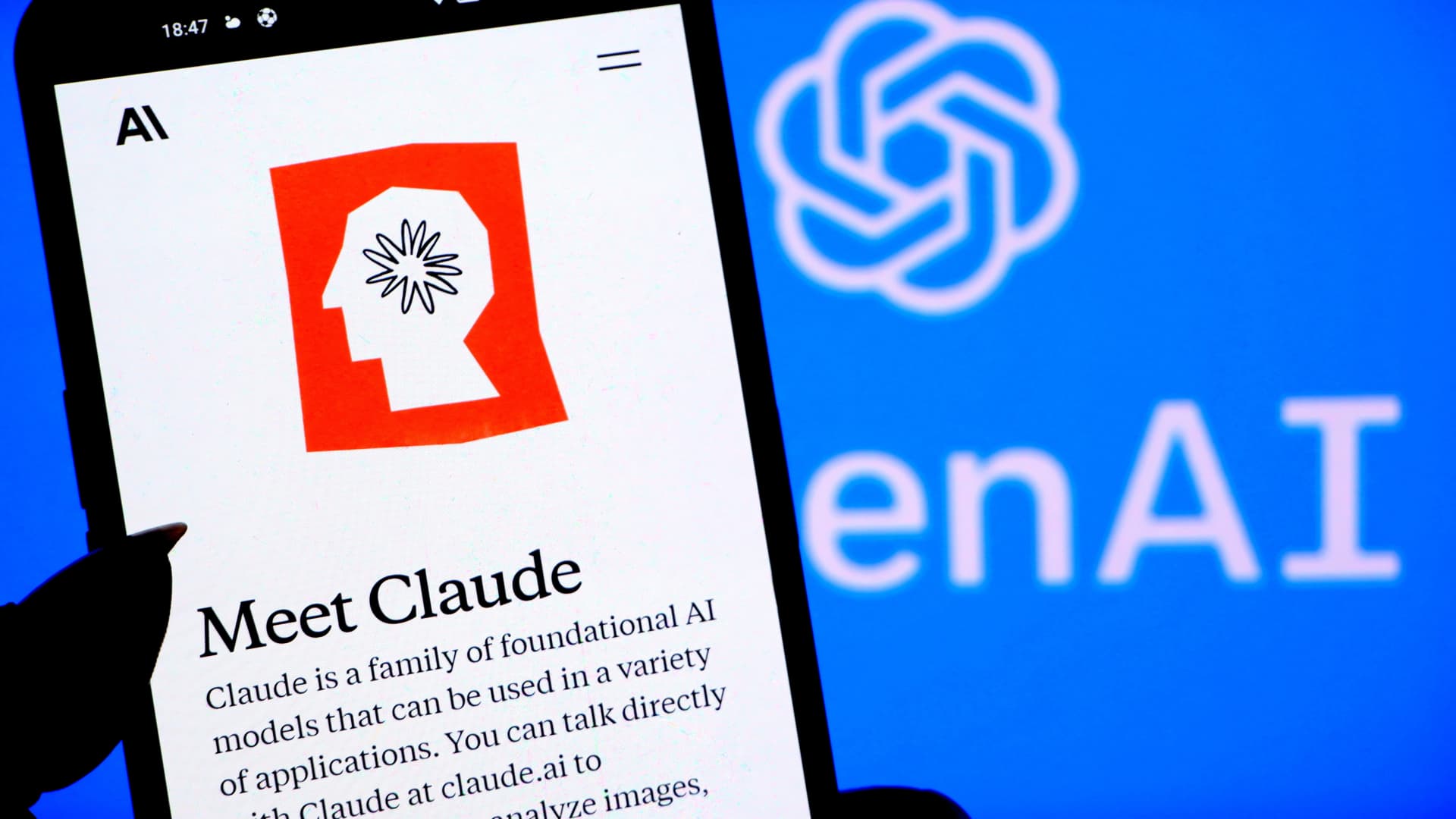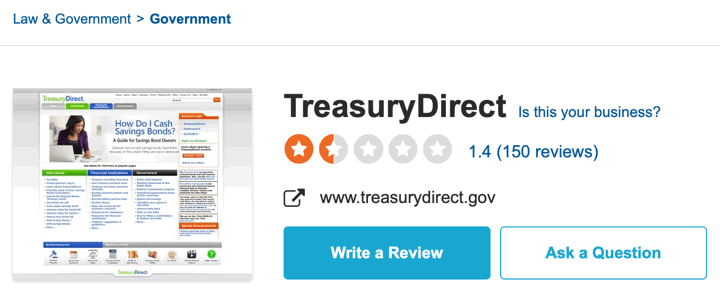
If I were to summarize the book Essentialism: The Disciplined Pursuit of Less by Greg McKeown, I would simply put up the graphic (from the book) above.
We all have finite energy. Nobody can “have it all”. You need take the time to explore and find a few pursuits that are a definitive “YES!”, and most other things need a polite but firm “No”. We know that everything is not equally important, but we still spend too much time putting out small fires.
The creates two difficult questions. What are your highest priorities? What is your “North Star”? What are you going to aim that big arrow at? As Mary Oliver says in the famous last line of her poem The Summer Day:
Tell me, what is it you plan to do
with your one wild and precious life?
Second, what are you going to *stop* doing? For many people, this will be the hardest part. You have to let go of goals, say no, go part-time, decline requests, disappoint people, all in order to reclaim the energy to redirect toward your chosen focus.
This is closely related to the probably-apocryphal story of Warren Buffett and the Pilot.
I struggle with both questions. I don’t really have a singular life goal, which is partially why I pursued financial freedom. Meanwhile, I enjoy trying out different interests. But at the end of the day, I do have higher priorities in my mind and I want to do better at truly making them a priority in real life. I have a lot of room for improvement when it comes to the top picture.
While this book suffers a bit from the “magazine article stretched thinly into a book” dilemma, I found it a worthwhile read overall. It’s a simple concept, but there are some useful tips to implement it. Here are a few selected highlights from the book:
On reflection I discovered this important lesson: If you don’t prioritize your life, someone else will.
[…] Once an Australian nurse named Bronnie Ware, who cared for people in the last twelve weeks of their lives, recorded their most often discussed regrets. At the top of the list: “I wish I’d had the courage to live a life true to myself, not the life others expected of me.”
Many capable people are kept from getting to the next level of contribution because they can’t let go of the belief that everything is important. But an Essentialist has learned to tell the difference between what is truly important and everything else.
In other words, it’s not enough to simply determine which activities and efforts don’t make the highest possible contribution; you still have to actively eliminate those that do not.
How do we maintain this focus and keep from being distracted? A good routine helps:
Routine is one of the most powerful tools for removing obstacles. Without routine, the pull of nonessential distractions will overpower us. But if we create a routine that enshrines the essentials, we will begin to execute them on autopilot.
[…] We won’t have to expend precious energy every day prioritizing everything. We must simply expend a small amount of initial energy to create the routine, and then all that is left to do is follow it.
This includes establishing clear boundaries.
One simple answer is we are unclear about what is essential. When this happens we become defenseless. On the other hand, when we have strong internal clarity it is almost as if we have a force field protecting us from the nonessentials coming at us from all directions.
For example, when asked to work extra on a Saturday:
Clay simply responded: “Oh, I am so sorry. I have made the commitment that every Saturday is a day to be with my wife and children.”










